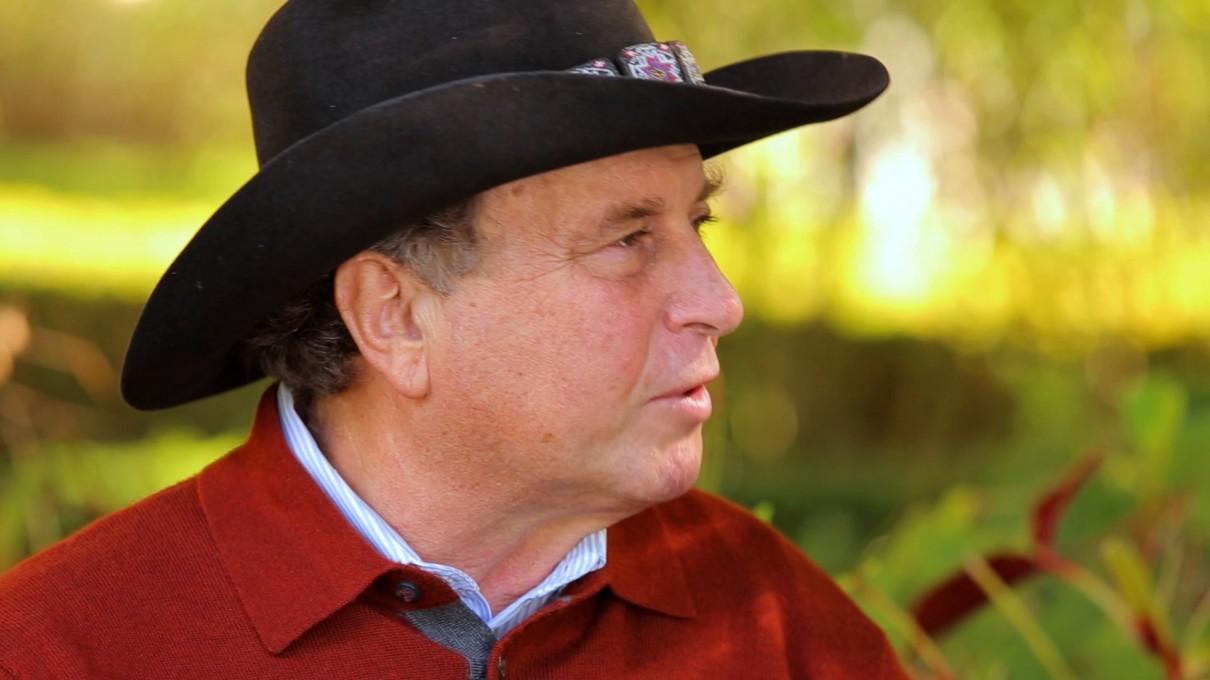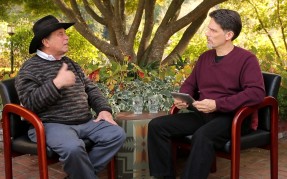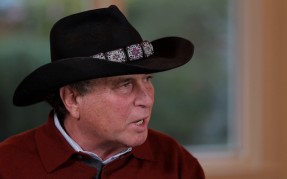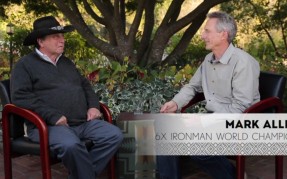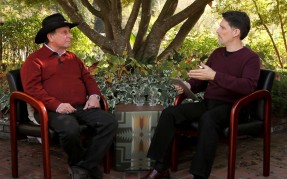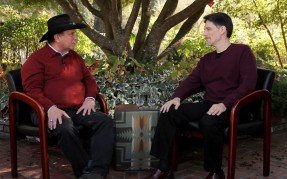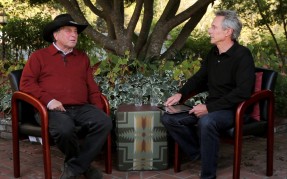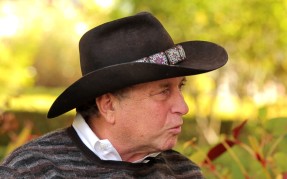Adam White
Let's start with the Huichol. Can you tell us a little bit about them?
Brant Secunda
Well, the Huichol people live in Mexico, in Central Western Mexico. They're considered one of the last tribes left that have their pre-Columbian, pre-Christian traditions still intact. It's only been within the last, I would say, 50 years or so that there've been any major changes there. They are living a very happy and peaceful lifestyle there in Mexico. There's about 32,000 of them left there in the mountains.
Adam White
Is that in the wilderness?
Brant Secunda
Pretty much. It's in the Sierra Madre. You have to walk there or take a canoe there. They're living a very isolated lifestyle because the terrain is so isolated and so rugged. They don't allow outsiders to come in. Tourism is not happening there. I think because of that, they've been able to maintain their pre-Columbian traditions until the modern day.
Adam White
Excellent. You said it's a rugged terrain. It's a mountainous region, or do they live in the valleys also?
Brant Secunda
Pretty much in the mountains. They used to live, before the Spanish came, more in the valleys, closer to the cities. When the Spanish arrived, they went further up into the mountains to their old pilgrimage centers. That's where they live today. There are valleys there, but it's pretty much way up in the mountains, where they live.
Adam White
So when I'm of the Huichol people, they're up at two or three thousand feet, something like this? Are there a lot of lakes or rivers or things like that?
Brant Secunda
A lot of rivers. There's a little bit- There's one lake that's just outside their territory that's sacred for them, Lake Chapala. They're just a very incredible people that are concerned with health and healing, not only for themselves, but for the world.
Adam White
Are they hunter-gatherers? Are they farmers? How do they get by in the wilderness?
Brant Secunda
They grow corn. They're farmers. They grow the five colors of corn, which are white, yellow, red, blue, and mixed or speckled.
Adam White
How would you describe their lifestyle? Here in the United States, where I live, it's a relatively high-paced lifestyle for many people. Is it more relaxed, as farmers in the wilderness? How do we see this world?
Brant Secunda
It's definitely relaxed. They don't have stress. They're just very relaxed people, although they have a lot of obligations, but it does not stress them. They just grow their corn, gather firewood, and live a life that does not have stress.
Adam White
Would you describe this as a land of plenty? Is it a hard life for them as farmers? What is it like for the Huichols?
Brant Secunda
On one hand, you could say it's a hard life, but they don't see it like that. They just see it as it's their life, and they do the best they can to live a harmonious life without stress. They try to laugh all day. They try to smile. For them, that's healing.
Adam White
They live in large groups or in small villages?
Brant Secunda
Small villages, yeah.
Adam White
Are they living in huts, or how do they live?
Brant Secunda
They live in little houses, adobe houses made with rock, grass, and earth, directly from Mother Earth. They're pretty much just living the way they have for hundreds and, perhaps, thousands of years.
Adam White
In many ways, they're still living that ancient way of life that they have there.
Brant Secunda
They have. That's what's always impressed me with them. In the middle of the modern world, here are the Huichol people, living a life that's very peaceful and harmonious.
Adam White
I find this fascinating. Thank you so much for sharing.
Brant Secunda
Sure. You're welcome.



